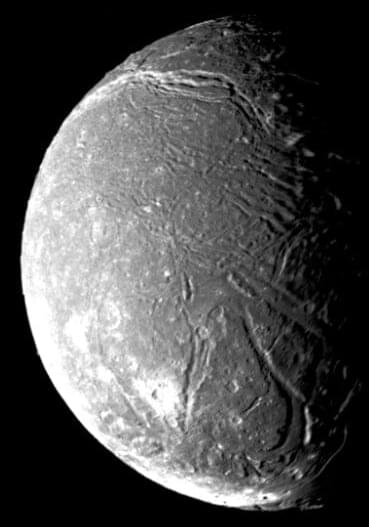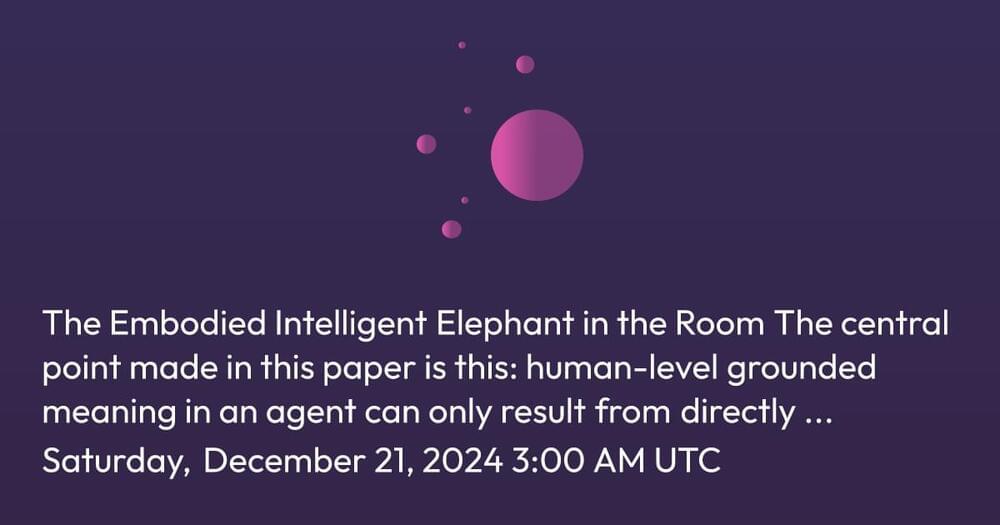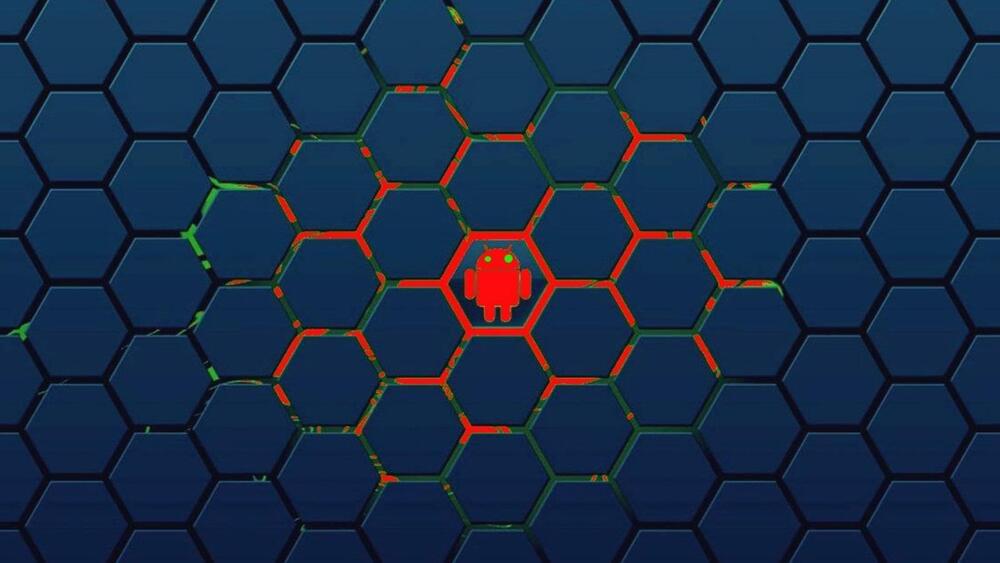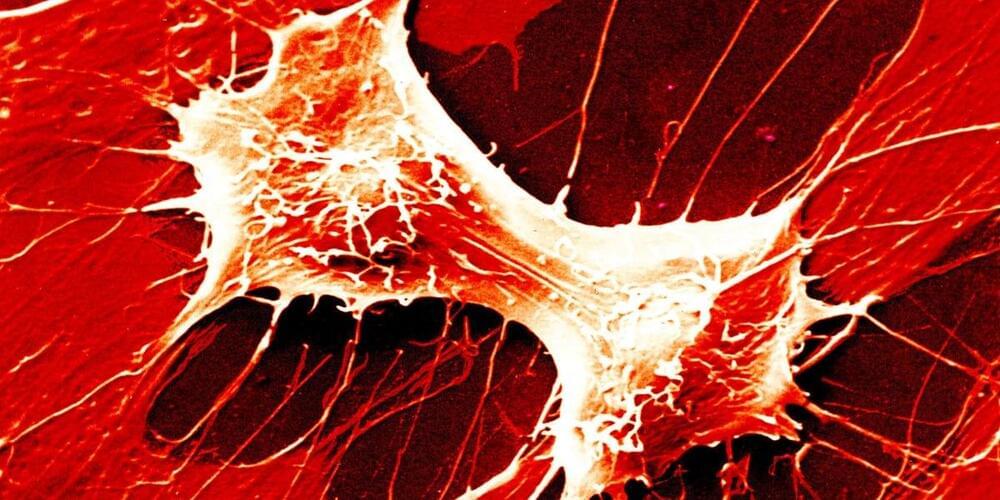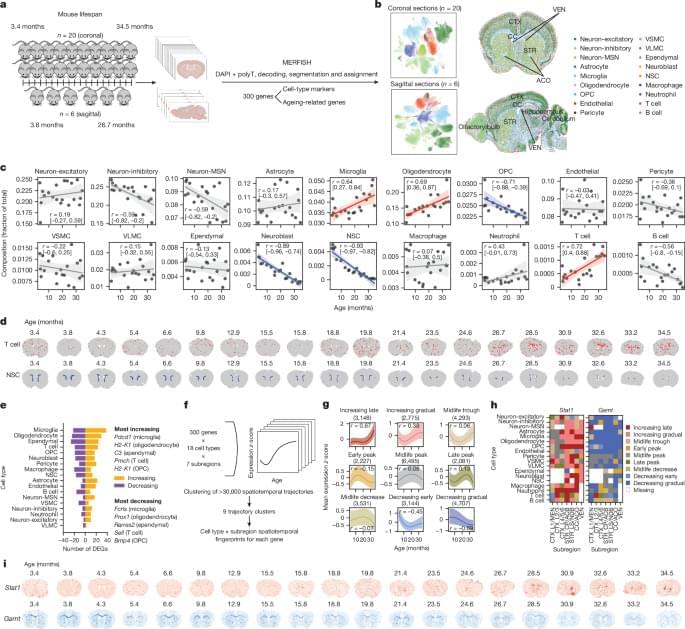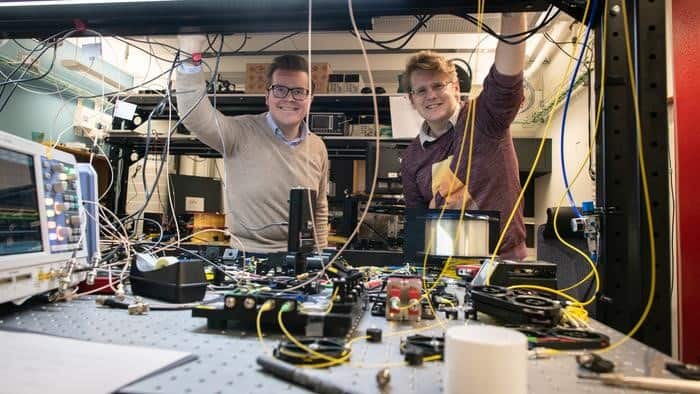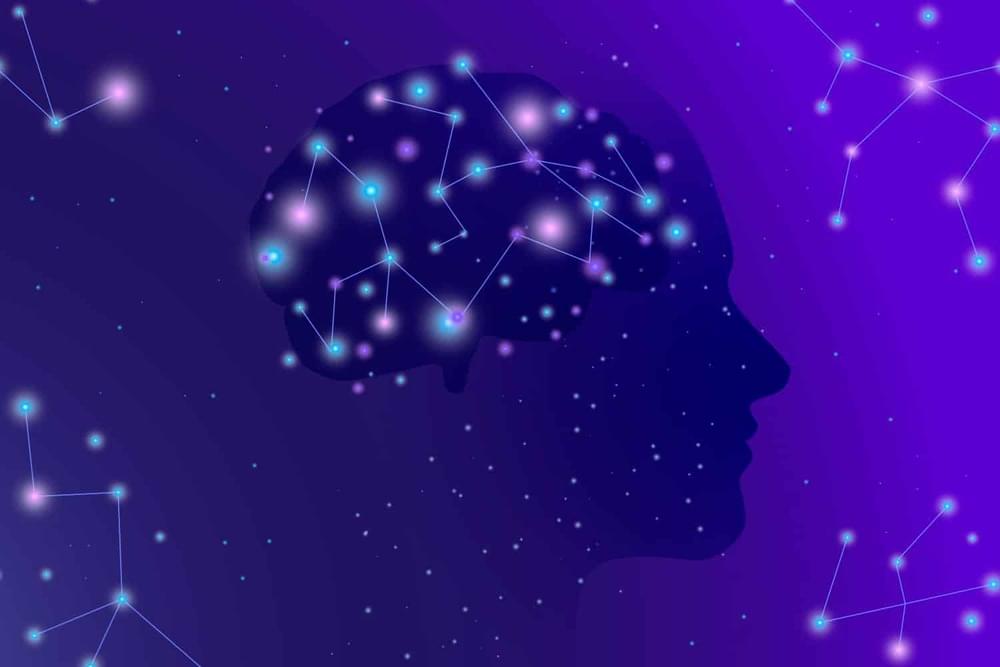Dec 20, 2024
Uranus’s Swaying Moons will help Spacecraft Seek Out Hidden Oceans
Posted by Natalie Chan in categories: computing, space
A new computer model can be used to detect and measure interior oceans on the ice covered moons of Uranus. The model works by analyzing orbital wobbles that would be visible from a passing spacecraft. The research gives engineers and scientists a slide-rule to help them design NASA’s upcoming Uranus Orbiter and Probe mission.
When NASA’s Voyager 2 flew by Uranus in 1986, it captured grainy photographs of large ice-covered moons. Now nearly 40 years later, NASA plans to send another spacecraft to Uranus, this time equipped to see if those icy moons are hiding liquid water oceans.
The mission is still in an early planning stage. But researchers at the University of Texas Institute for Geophysics (UTIG) are preparing for it by building a new computer model that could be used to detect oceans beneath the ice using just the spacecraft’s cameras.
